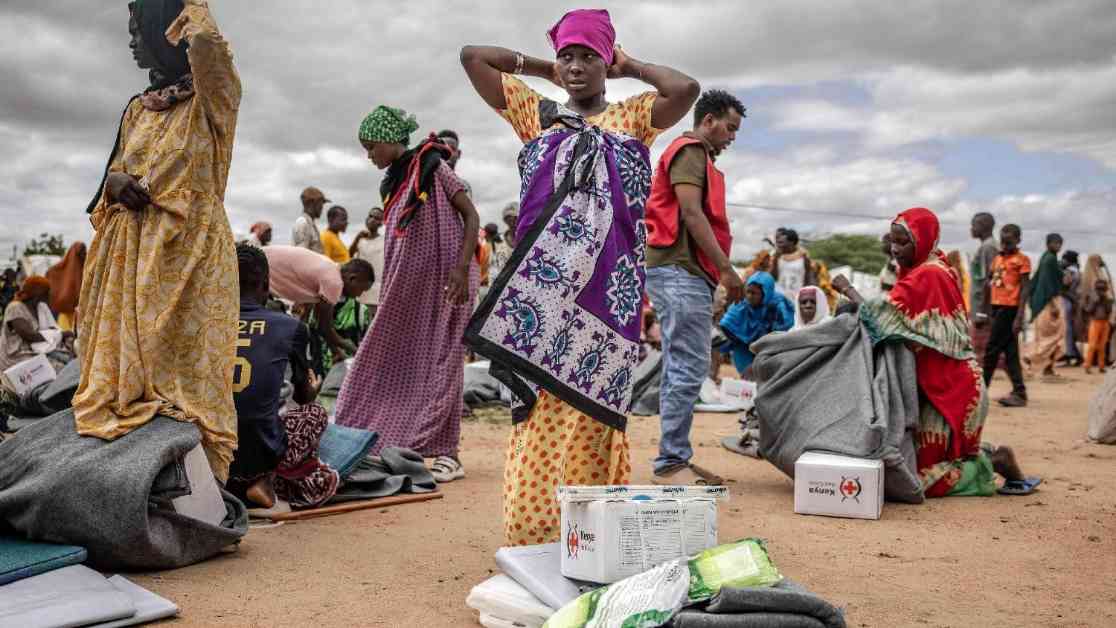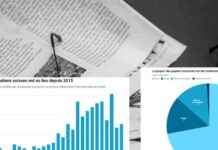A new report from “Bread for the World” reveals significant inequalities in the global distribution of climate adaptation funds. Particularly vulnerable countries in the Global South continue to receive significantly less support.
The Climate Adaptation Index 2024 by “Bread for the World” shows a concerning reality: the funds provided for climate change adaptation are insufficient and unequally distributed. President Dagmar Pruin describes the provision of aid funds as a “matter of survival” for those populations who are most affected by the consequences of climate change. “The already scarce resources are distributed unfairly, leaving many countries with a permanent protection gap,” she stated at the Index release.
Unjust distribution despite growing climate risks
The Index evaluates the distribution of international financial assistance based on the climate risks of 129 countries in the Global South. The result is sobering: 90 percent of the countries examined receive less funding than they would be entitled to under a fair distribution. A total of 37 states received less than half of the required funds, while 50 others received a maximum of 64 percent of the risk-appropriate amounts. Only a few countries, such as some Pacific island states, received up to 80 percent of the necessary aid.
Countries in Central and East Africa, as well as South Asia, are particularly affected. Afghanistan, Chad, South Sudan, Somalia, and Niger are among the ten most underfunded countries. “Countries with the highest climate risks are extremely underfunded,” according to the study. Even in the second-highest risk category, all countries are either extremely or severely underfunded. The number of people living in these severely affected countries has increased by 230 million to 6 billion since the last report – nearly 97 percent of the total population of the analyzed countries.
Germany in international comparison
Germany does not perform better in the analysis than the international community average. While climate aid to African countries and the least developed countries (LDCs) was distributed somewhat more fairly, Germany fell below average for Pacific island states.
Sabine Minninger, climate expert at “Bread for the World,” sees an urgent need for action here: “Germany must take a leading role and advocate for needs-based distribution of climate aid and more distribution justice.” The focus must be particularly on the poorest and most fragile states to eliminate the significant inequalities in climate financing.
Adaptation index as an important tool
The Climate Adaptation Index by “Bread for the World” was developed in collaboration with Climate & Development Advice and reviewed by the Munich Climate Insurance Initiative. It is based on data from the EU Inform Risk Index and the OECD-DAC database on international climate adaptation financing, covering the period from 2015 to 2021. It measures the distribution of financial resources compared to country-specific climate risk, but does not make statements about the absolute amounts necessary for climate-resilient development.
Looking ahead: COP29 and the new climate financing goal
The results of the Index come a few weeks before the UN Climate Conference COP29 in Baku, where negotiations on a new climate financing goal for the period after 2025 are on the agenda. In view of the growing climate risks and unequal distribution of funds, “Bread for the World” calls for a fundamental realignment of climate aid that more strongly considers disadvantaged countries. The opportunity to achieve fairer climate financing should be seized there to better protect the most affected people and enable sustainable development.

















